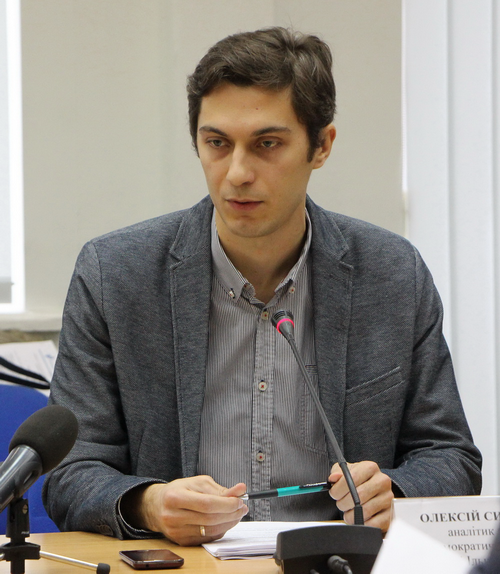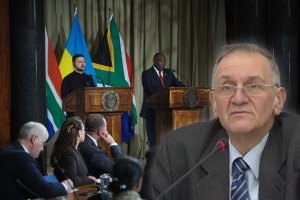Elections in consolidated communities: reform in spite of legislative resistance
 Oleksii Sydorchuk
Oleksii Sydorchuk
political analyst, Democratic Initiatives Foundation
On December 11 the first local elections were held in 41 newly formed consolidated territorial communities (CTC). Residents of another 143 CTC will elect representatives of their bodies of local self-government on December 18. From the beginning of next year all new CTC will receive additional financial resources, greater independence in decision making and the right to exercise new powers.
Against this backdrop, on December 6 the Verkhovna Rada failed to adopt several bills that would have significantly simplified and accelerated the process of voluntary consolidation of communities. In particular, deputies did not support Bill No. 4676, which would have allowed the formation of CTC in communities located in different districts – due to the lack of corresponding norms the Central Election Commission already refused to hold first elections in 28 CTC. Besides that, having come up against a shortage of votes in support of “decentralizion” bills their initiators decided to not even vote for two other documents – bills No. 4772 and № 4773. The first bill would have simplified the adjoining of communities to already formed CTC, while the second bill would have given CTC formed not exactly in correspondence to perspective plans the ability to get new powers and resources from the state.
Voting was unsuccessful because only the two ruling factions – Petro Poroshenko Bloc and the “People’s Front” – supported the bills. The rejection of three former coalition members to vote in favor of these bills can be explained by their desire to act contrary to the plans of pro-government forces and increase their own electoral support by constantly criticizing decentralization as one of the most important initiatives of the government. In typical fashion the Batkivshchyna party openly criticized this reform and the bills associated with it, while Samopomich decided to relieve itself of any responsibility by leaving the session hall during voting under the far-fetched pretense of the unwillingness of the parliament to vote for stripping representative of the Opposition Bloc Vadym Novynskiy of his deputy immunity (deputies supported this decision on December 8).
Opposition to reform on the part of a number of parliamentary parties could slow down this process, however in absence of serious political shake-ups they will most likely not put a halt to it. The experience in the functioning of the first 159 CTC during 2016 convincingly proved the benefits that local communities and their residents stand to gain from consolidation. In particular, the majority of CTC managed to resolve problems for which they lacked resources over the most recent years and improve the quality of services they provide to their residents. Elections in 184 newly formed CTC will most likely foster the dissemination of these positive practices to other territories. It is obvious that in the process of unification problems arose, specifically the sometimes strained relations of CTC with district-level authorities and depressive socio-economic conditions of a number of communities that do not want to or cannot take part in the consolidation process. However, overall the results of voluntary consolidation created a sufficiently strong foundation for imbedding changes in the state administrative system.








